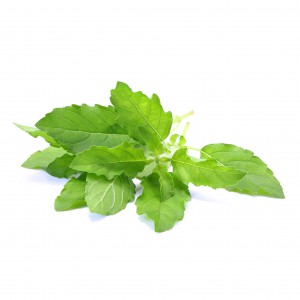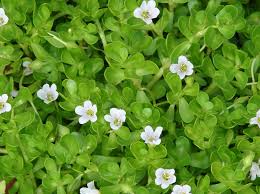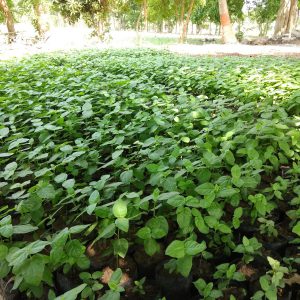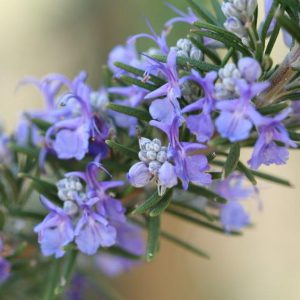Ginger has been revered as a culinary and medicinal spice in many traditional cultures especially in India. Ginger has a very long history of use in various forms of traditional/alternative medicine. It has been used to help digestion, reduce nausea and help fight the flu and common cold, to name a few. It is high in gingerol, a substance with powerful anti-inflammatory and antioxidant properties. Ginger can help prevent various types of nausea. This applies to sea sickness, chemotherapy-related nausea, nausea after surgery and morning sickness. Ginger appears to be effective at reducing the day-to-day progression of muscle pain, and may reduce exercise-induced muscle soreness. There are some studies showing ginger to be effective at reducing symptoms of osteoarthritis, which is a very common health problem. Ginger has been shown to lower blood sugar levels and improve various heart disease risk factors in patients with type 2 diabetes. It appears to speed up emptying of the stomach, which can be beneficial for people with indigestion and related stomach discomfort. Ginger seems to be very effective against menstrual pain when taken at the beginning of the menstrual period. There is some evidence, in both animals and humans, that ginger can lead to significant reductions in LDL cholesterol and blood triglyceride levels. Ginger contains a substance called 6-gingerol, which may have protective effects against cancer. Studies suggest that ginger can protect against age-related damage to the brain. It can also improve brain function in elderly women.
Additional information
| Part used | Dry Rhizome |
|---|---|
| Benefit | Digestive, stimulant, carminative, helps in lowering bad cholesterol, improves digestion, good for heart |
| Botanical Name | Zingiber officinale |






